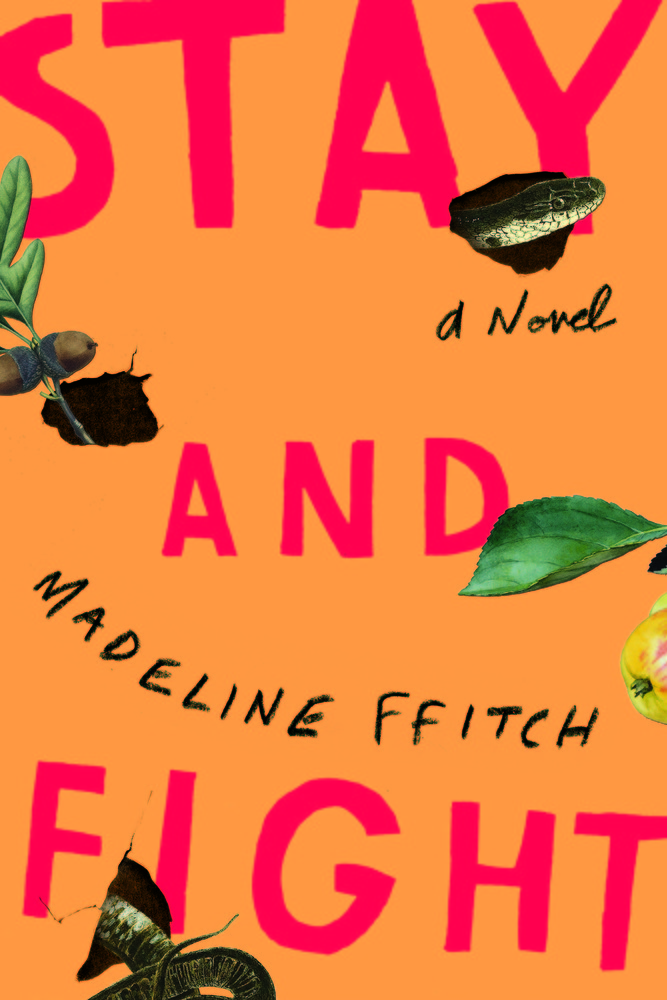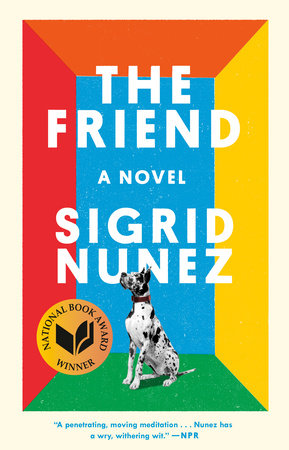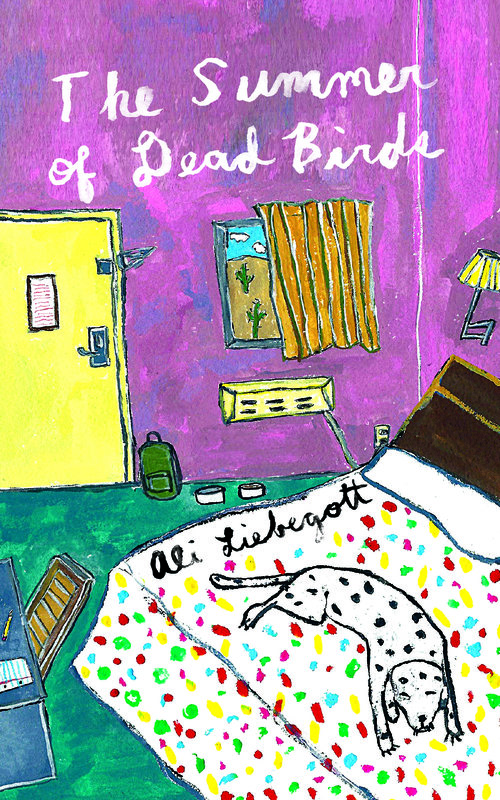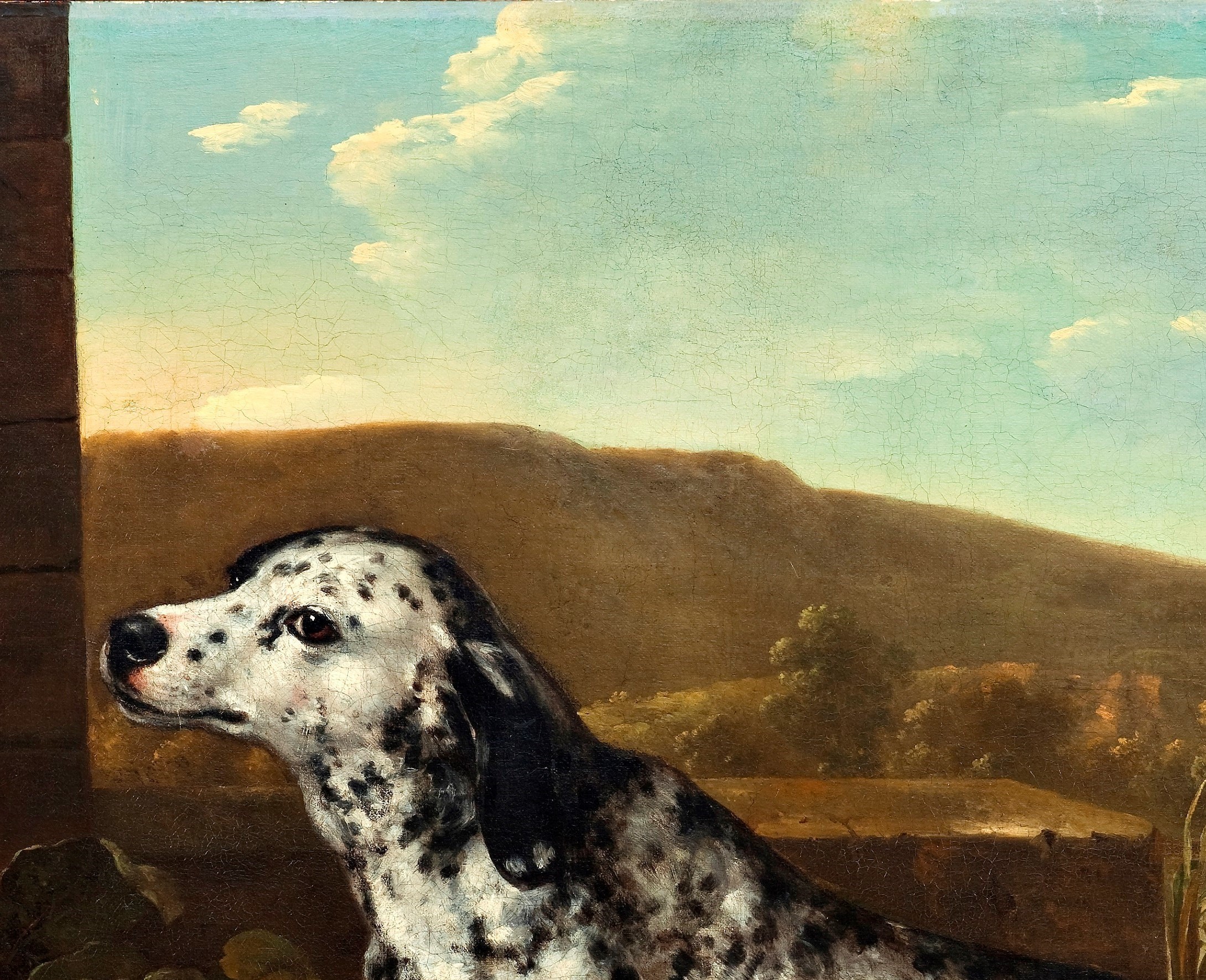
Stay and Fight by Madeline ffitch
Trying to capture “Appalachia” is impossible, but Madeline ffitch’s Stay and Fight steers clear of the desire to capture an entire region and paints a singular portrait of rural, Appalachian Ohio with detail, complexity, and sincerity. Readers are introduced to Helen, a Seattle-bred millennial who reluctantly follows her boyfriend into rural Ohio. Fueled by his grand ideas of living off the land, she stays in Ohio even after he returns to Washington. That spring, she meets partners Lily and Karen, who need a place to stay after the birth of their son, Perley, has made them ineligible to keep their home on the local Women’s Land Trust, a community that forbids the presence of men. Together, the three women build a house, hunt and gather food, and establish an independent, —if unconventional— life together. When Perley convinces his moms to send him to a local public school, the family of four must contend with an outside world they’d long held at bay.
To her credit, ffitch refuses to fall back on stereotypes of Appalachia as a region of ruin, narrating instead the story of a family whose lives are constantly shaped by the land they call home. In their attempt to raise Perley shielded from social and economic systems that have betrayed them, the women are forced to question what it means to be both free-spirited and accountable to a family. Their devotion to one another, and the ways they hurt one another, tap into a sense of survival and community that many Appalachian families feel, especially as addiction, jail, or death force family members to adopt unexpected roles and responsibilities. Unlike many books that attempt to clarify “Appalachia,” Stay and Fight respects its characters’ contradictions through the last page, displaying in equal measure their weaknesses and strengths as they strive to both provide for their family and remain true to their ideals.
–Maddie Woda

The Friend by Sigrid Nunez
Sigrid Nunez’s novel The Friend is a lucid meditation on grief, love, literature, and the ways they complicate one another. The novel opens on the unnamed narrator, a writer, grieving the suicide of her friend and mentor. Her mournful solitude quickly ends when she acquires the Great Dane that her friend has left behind.
In this novel about two bereft characters, the tragedy becomes evident at once, as does the comedy of a self-proclaimed “cat person” and a massive dog cohabiting a 500-square-foot apartment. More allusive is the novel’s deft approach to writing about writing. The Friend interrogates writing as an ethical dilemma. By writing about her friend’s suicide, the narrator uncovers a tangle of unsavory truths about the friendship that has consumed her life. The titular friend is revealed to have serially seduced his female students; the narrator is revealed to have been in love with him. The consequence of such faithful portraits is that neither emerges the novel unscathed. In exposing her characters at their weakest, Sigrid Nunez questions whether or not writing can ever be ethical. The Friend asks: Does writing have the capacity to be cathartic? What secrets must we divulge in order to heal? Can we write about the dead, the living, those we love without causing irrevocable damage?
Nunez’s aims are sprawling, her sentences precise. The novel is deeply attentive: to its narrator, the dog, the city, the fame-obsessed literary world, the embarrassment of intractable grief. The Friend is unflinching, charming, and raw; I read it in one sitting.
-Sofia Montrone

The Summer of Dead Birds by Ali Liebegott
A novel-in-verse, Ali Liebegott’s The Summer of Dead Birds is like a 21st century response to Camus. There’s the dead mother, the heat, and the old dog. Indeed, the humor in The Summer of Dead Birds is absurd: the speaker is stranded on the road waiting for her Triple A assistance, or she’s grieving over the—strangely abundant—dead birds. Yet, the irreverent, absurd humor melds into real poignancy. As the speaker of the poems—a stand-in for Liebegott herself—navigates the deaths of loved-ones, romance, and LGBT stigmas, the emotional undergirding of the collection becomes more and more palpable, and increasingly painful.
The Summer of Dead Birds traces not just the summer, but several seasons in Liebegott’s life. In a relatively slim volume, it captures these seasonal changes, and the changes in Liebegott’s personal life—and grief—to great visceral effect. The punchy lines; the directness of the speaker; the simple, but lasting, images; each of these works to lure the reader into a narrative that eschews narrative structure, a story which withholds an ending. The speaker herself, as she obsesses over the passage of time and these strange, dead birds, is the collection’s most compelling part. As she moves through the poems with her Dalmatian, Rorschach, she invites the reader into her life, first to laugh with her in her frustration, then to join her in her sorrow. Yet, this sorrow, as it leaves the reader with souvenir images of taxidermied ears and bird corpses, is of a fierce and unique breed, continually laced with Liebegott’s deadpan delights.
-Sam Wilcox

